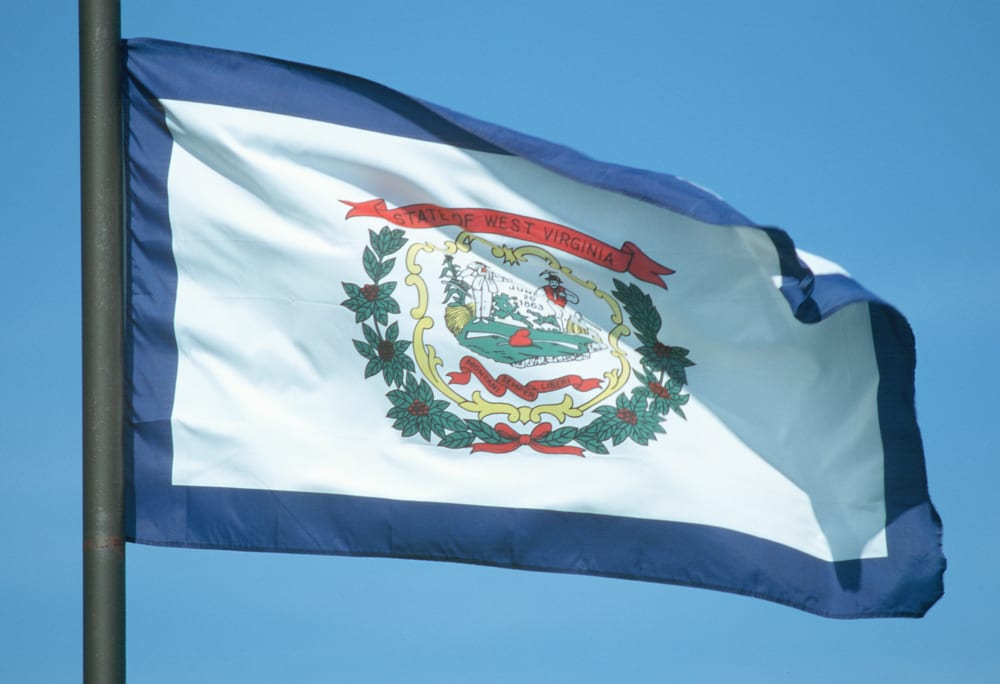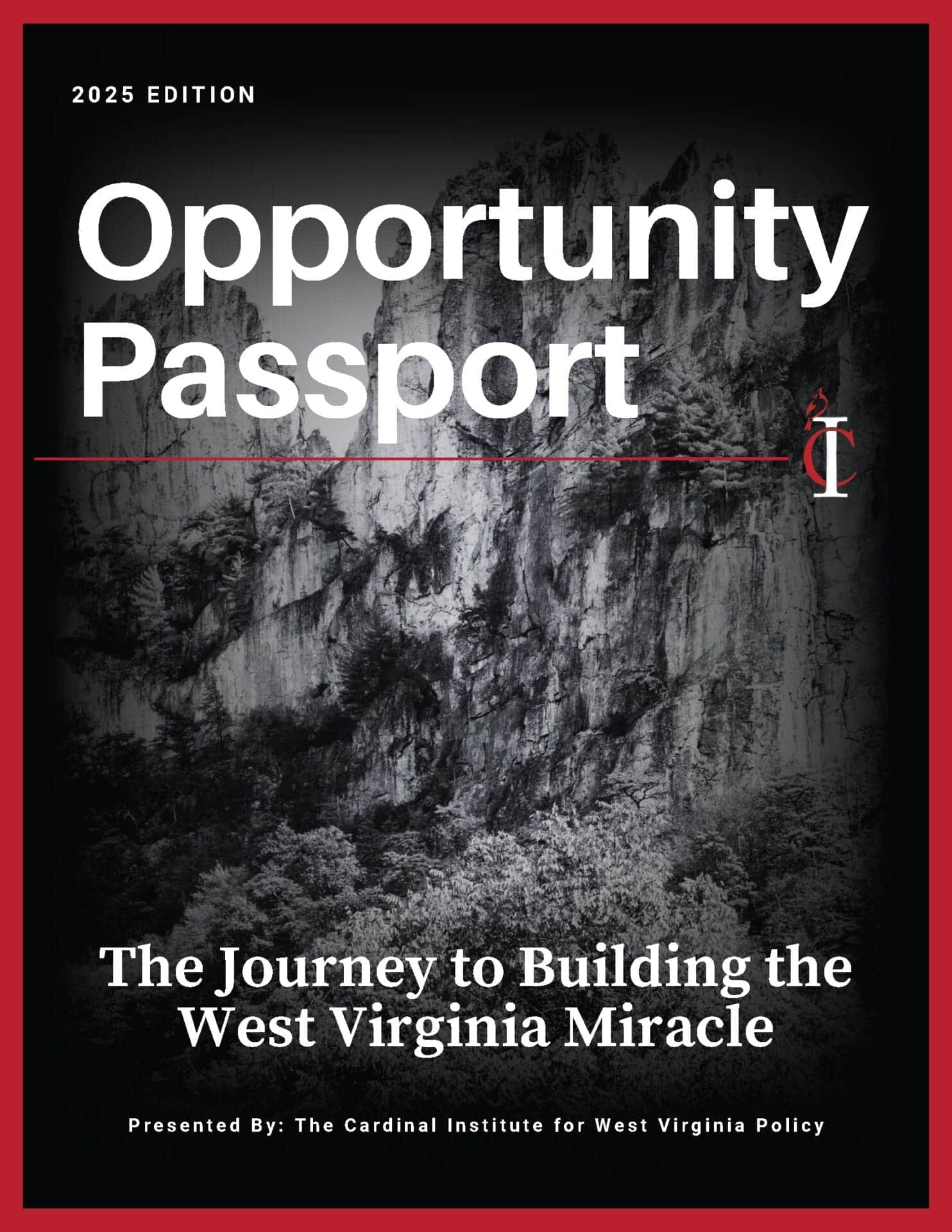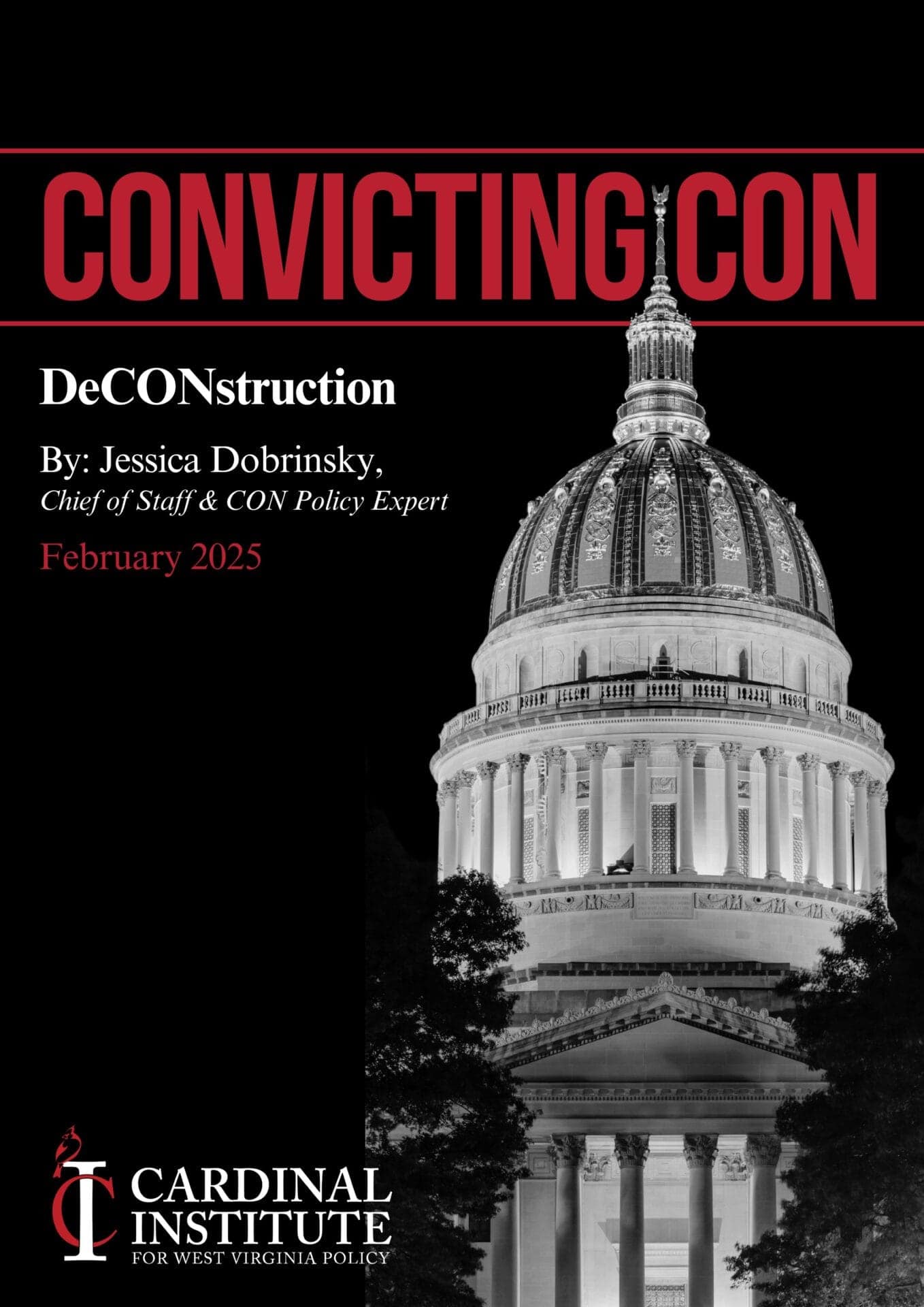
The Four Pillars of a Miracle
Cardinal Team
This week our Executive Director is going to walk you through the Four Pillars of a Miracle! These are our guiding principles at the Cardinal Institute that help us determine the policies we advocate for as we work toward a brighter future in West Virginia.
Four Pillars of a Miracle
The Cardinal Institute’s guiding vision is to one day read an article titled, “The West Virginia Miracle” in The Wall Street Journal.
The most relevant question is, of course, “how?”
Though West Virginia has a litany of problems that must be solved, we feel that the “miracle” will be built upon four pillars: education freedom, economic freedom, labor freedom, and a culture predicated on Montani Semper Liberi, the state’s official motto meaning, “Mountaineers Are Always Free.”
Economic Freedom
Cardinal believes that West Virginia’s economy must be guided by free market principles: small, minimally-intrusive government, tax and regulatory policy that is fair, neutral, and facilitates a level playing field, and a recognition that people can plan their own lives better than a Charleston-centric economic policy and planning regime.
Policy Examples: removal of inventory & income taxes and occupational licensing reform.
Education Freedom
Sadly, West Virginia is one of the few remaining states with no form of education choice, either public or private. Every bordering state has some form of education choice and across the country 44 states, Washington, D.C., Puerto Rico, and Guam all have public choice and over half have some form of private school choice.
As one would expect with a monopolistic system, West Virginia’s educational outcomes are also lackluster, if not disastrous. It is Cardinal’s belief that competitive pressures must be injected into the status quo educational system in order to improve outcomes for West Virginia’s students. We also believe in the moral necessity for families to have education choice in order to find the educational environment that best suits the individual needs of their child.
Policy Examples: education savings accounts (ESAs), charter schools, mandatory intra- and inter-district open enrollment, and tax-credit scholarships.
Labor Freedom
The ability for an individual to work and provide for oneself is a fundamental tenant of free market economics and classically-liberal political philosophy. Thus, it is important to ensure that nothing comes between two consenting parties – for example, employer and employee – in the pursuit of mutually-beneficial work.
Policy examples: right-to-work laws, paycheck protection, and union recertification.
Montani Semper Liberi
Perhaps the most nebulous of the four pillars, montani semper liberi is an attempt to rediscover and inculcate an understanding – and appreciation of – West Virginia’s founding motto. Translated as “mountaineers are always free,” the motto is an attempt to represent the independent spirit and freedom-loving attitude that served as the founding ingredients in West Virginia’s decision to separate from Virginia. Until West Virginians rediscover a love for freedom, then it is likely to stay mired in economic quicksand and fall further behind its 49 peers across the country.
Garrett Ballengee is the Executive Director of the Cardinal Institute for West Virginia Policy







